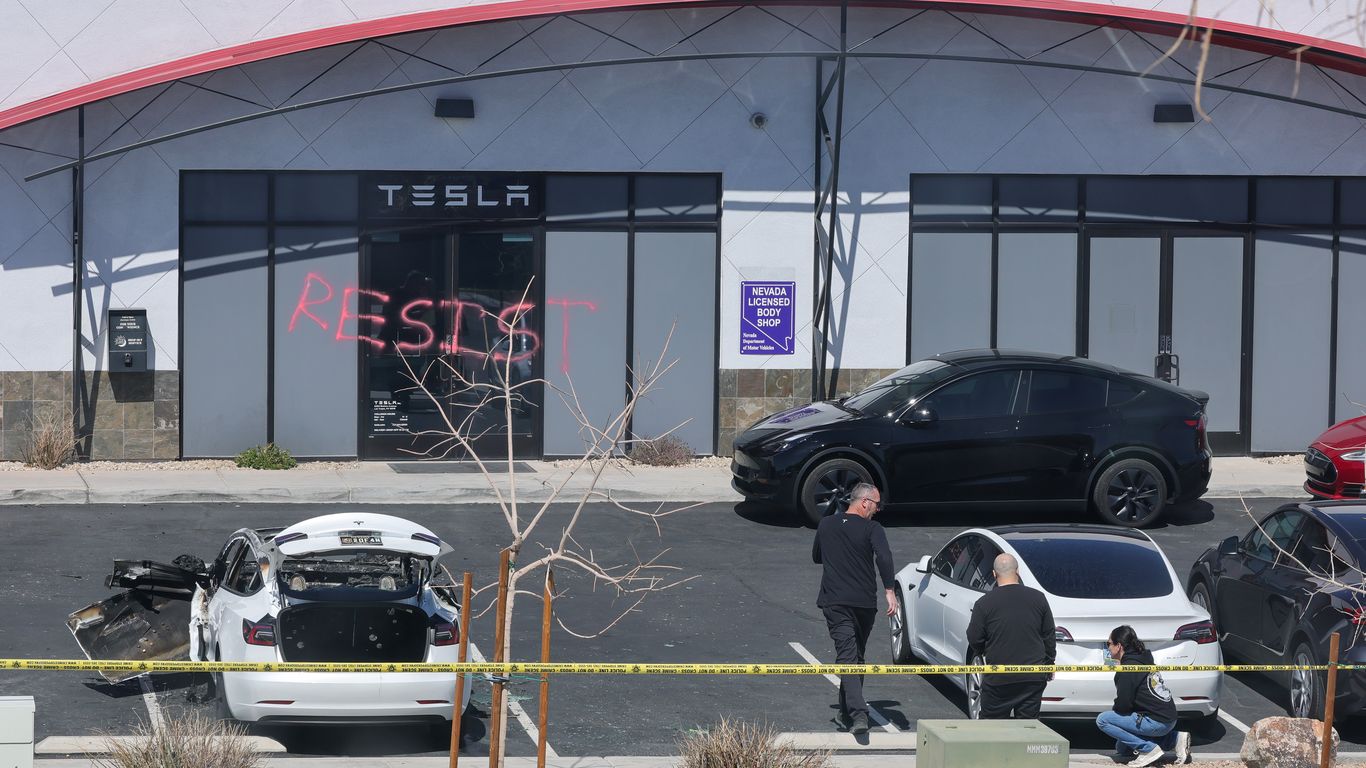
The Vancouver Auto Show’s Unexpected Tesla Absence: A Deeper Dive into Safety and Public Perception
The buzz surrounding this year’s Vancouver International Auto Show took an unexpected turn with the notable absence of Tesla vehicles. While organizers cited “safety concerns” as the reason for the exclusion, the situation is far more nuanced than a simple security issue. It highlights the complex interplay between corporate image, political polarization, and public perception in the age of social media.
The official statement regarding safety may indeed reflect genuine anxieties. Tesla vehicles, with their advanced technology and reliance on software, represent a unique set of potential vulnerabilities. Unlike traditional automobiles, their systems are constantly updating and evolving, introducing the possibility of unforeseen glitches or malfunctions that could compromise safety. Furthermore, the increasing sophistication of these systems makes them potentially more susceptible to hacking or cyberattacks, raising significant security concerns for both the manufacturer and the consumer.
However, the situation is further complicated by the current socio-political climate and the highly visible persona of Tesla CEO Elon Musk. His outspoken political views, particularly his perceived alignment with certain controversial figures and policies, have created a potent undercurrent of public discontent. This dissent has manifested itself in various ways, including protests and, in some cases, targeted acts of vandalism against Tesla vehicles. The Vancouver organizers may have inadvertently become caught in the crossfire of this polarized landscape.
The exclusion of Tesla could be interpreted as a preemptive measure to mitigate potential risks. Considering the recent spate of attacks on Tesla vehicles – likely fueled by the aforementioned political tensions – organizers may have deemed the presence of these high-profile cars too risky, regardless of the inherent technological vulnerabilities. The potential for further damage, disruption, or even injury associated with these attacks arguably outweighs the benefits of showcasing the brand.
The decision also raises questions about the responsibility of event organizers in navigating the increasingly complex intersection of politics, public opinion, and corporate responsibility. Balancing the economic incentives of featuring a prominent brand like Tesla with the potential security risks and the need to maintain a safe environment for attendees represents a significant challenge. It highlights the delicate balancing act required in event planning in the face of a volatile social and political landscape.
Moreover, Tesla’s absence from the show underscores the power of public opinion in shaping the perception of brands and their products. The negative sentiment surrounding Musk’s political affiliations has undeniably spilled over into perceptions of Tesla itself. This highlights the importance of corporate social responsibility and the long-term consequences of political engagement for companies with high public profiles.
Ultimately, the Tesla exclusion from the Vancouver Auto Show is more than just a simple logistical issue; it’s a case study in the confluence of technology, politics, and public perception. It serves as a stark reminder of the challenges facing companies and event organizers in an increasingly interconnected and polarized world. It prompts a deeper conversation about corporate responsibility, the role of public sentiment in shaping business decisions, and the ever-present tension between commercial interests and maintaining a safe and secure environment for all stakeholders. The absence of Tesla in Vancouver speaks volumes, prompting a reflection on the evolving landscape of public image and the realities of a highly connected and often volatile world.



Leave a Reply